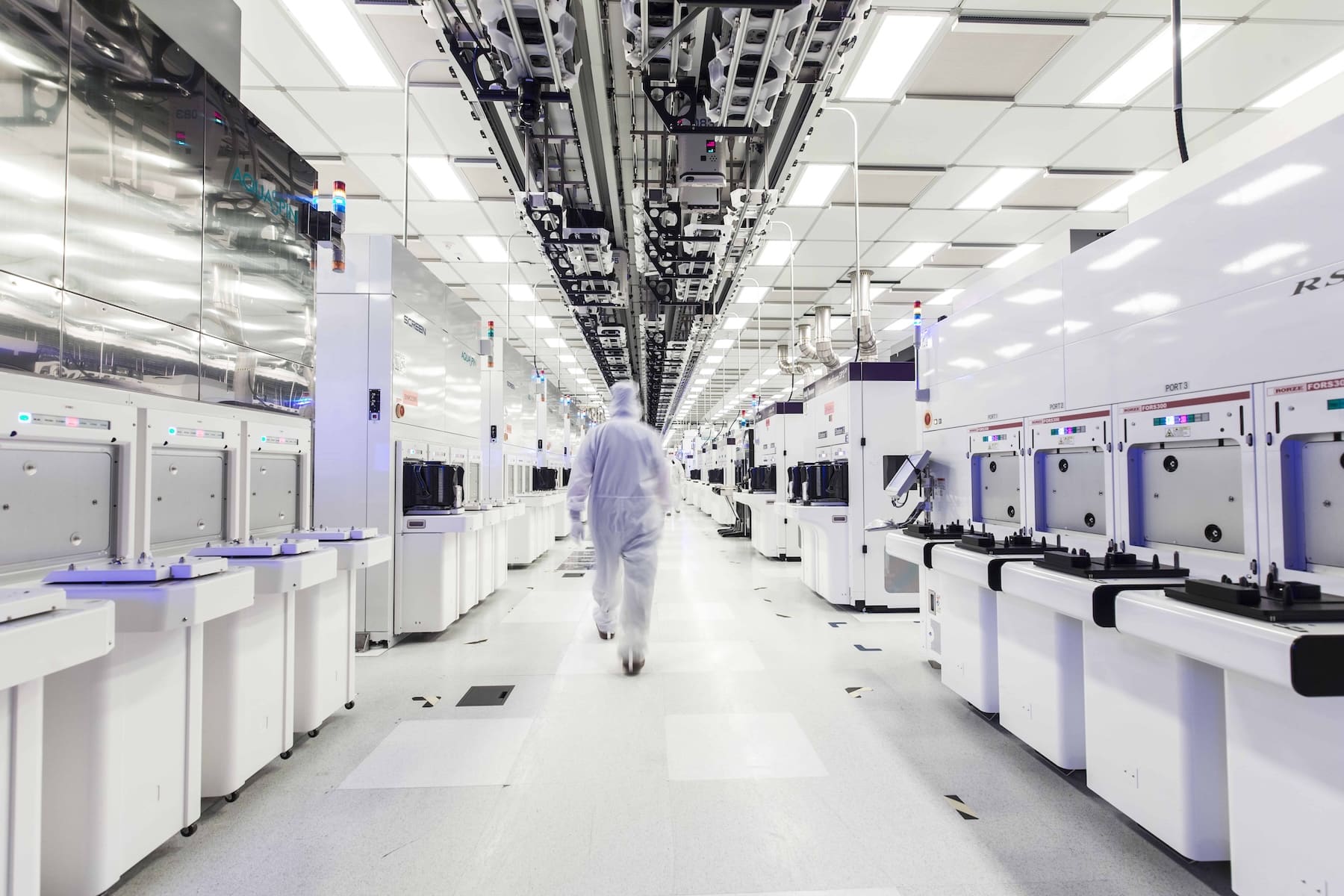The alliance, which is not yet officially confirmed, aims to reinforce domestic semiconductor manufacturing in the U.S. and would mark a milestone in the global industry.
In a strategic shift that could redefine the balance of power in the semiconductor industry, Intel and TSMC have reached a preliminary agreement to create a joint venture dedicated to chip manufacturing, according to sources close to the negotiations who confirmed the news to Reuters.
This potential move responds to years of pressure from the U.S. government—particularly since the Trump administration and more recently under Biden’s leadership—to boost domestic semiconductor production and reduce technological dependence on Asia in an increasingly tense geopolitical context.
An alliance with asymmetric benefits and risks
If the agreement materializes, TSMC (Taiwan Semiconductor Manufacturing Company), the world’s largest contract chip manufacturer, would share operations with Intel at facilities located in the U.S. The goal is to combine TSMC’s know-how in cutting-edge manufacturing processes with Intel’s local infrastructure and influence at a time when Washington is vigorously promoting national technological reindustrialization.
The market reaction was swift. Intel’s shares rose by 7% after the news broke, while TSMC’s shares fell by as much as 6%, reflecting investor skepticism regarding an alliance that could erode some of the Taiwanese company’s independent control.
Among the main concerns that led to TSMC’s decline are:
- Loss of strategic independence, as they would operate under U.S. regulations and potential restrictions.
- Risk of technology transfer, since Intel could gain access to advanced manufacturing techniques that would provide a future competitive advantage.
- Weakened profit margins for TSMC if Intel capitalizes on the strategic benefits of the alliance.
- Geopolitical impact, with potential reprisals or restrictions from both the U.S. and China, where TSMC also has key operations.
Official silence and new leadership at Intel
Both Intel and TSMC have declined to publicly comment on the leaked information. The White House has also chosen not to issue statements. This silence only fuels speculation about an agreement that could have global implications.
The potential announcement coincides with significant internal changes at Intel, including the appointment of Lip-Bu Tan as the new CEO, a figure recognized for his innovative profile and experience as a tech investor.
Additionally, it has been leaked that companies like NVIDIA and Broadcom are already testing chips manufactured with Intel’s 18A manufacturing technology, one of the company’s most advanced processes, still in a risk phase. If the results are positive, Intel could position itself as a key partner in semiconductor manufacturing for artificial intelligence, one of the fastest-growing sectors.
A key step toward technological sovereignty
In a context marked by tensions between the U.S. and China, and the global effects of chip shortages in recent years, this potential joint venture is not just a business agreement. It represents another piece in the puzzle of national technological and economic security, in which the U.S. seeks to regain industrial prominence.
For Intel, the agreement could represent a turning point in its ambitious bid to become an open foundry for third parties after years of ups and downs. For TSMC, it presents a complex challenge: expanding globally without losing autonomy or compromising its leadership position.
The tech sector is watching closely. Should it materialize, this alliance could redefine the landscape of semiconductor manufacturing on a global scale in the coming years.

